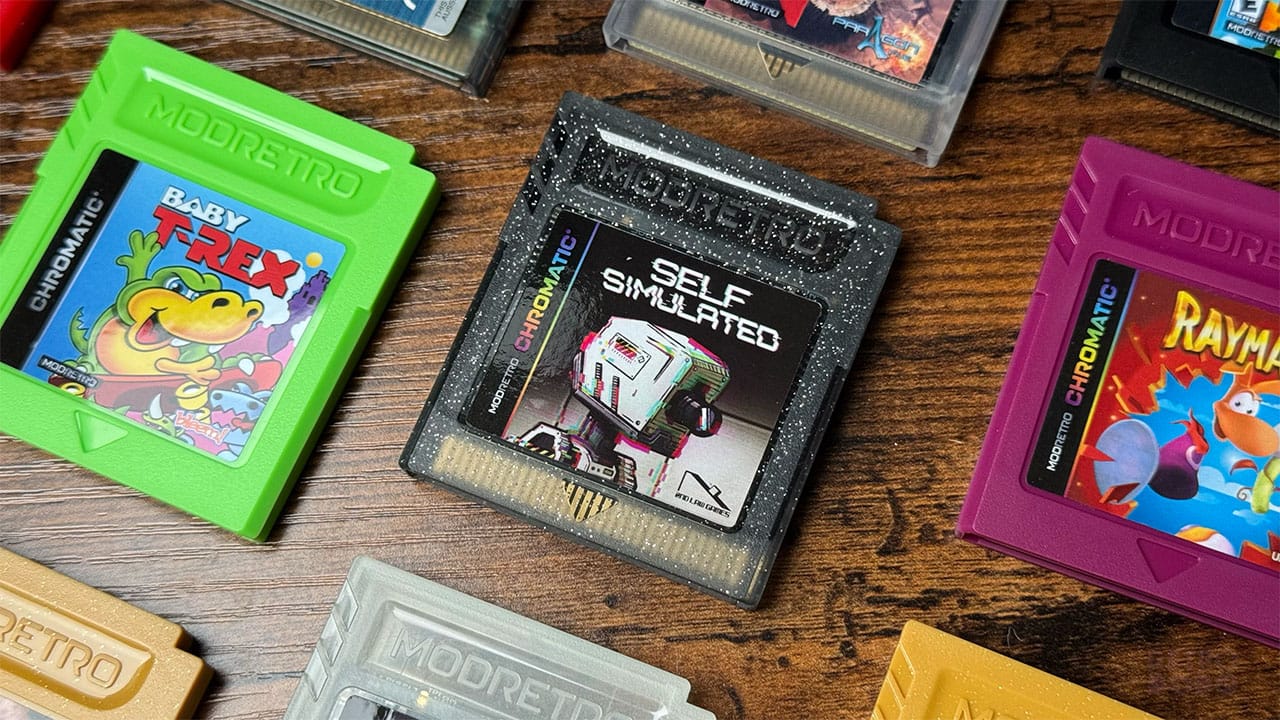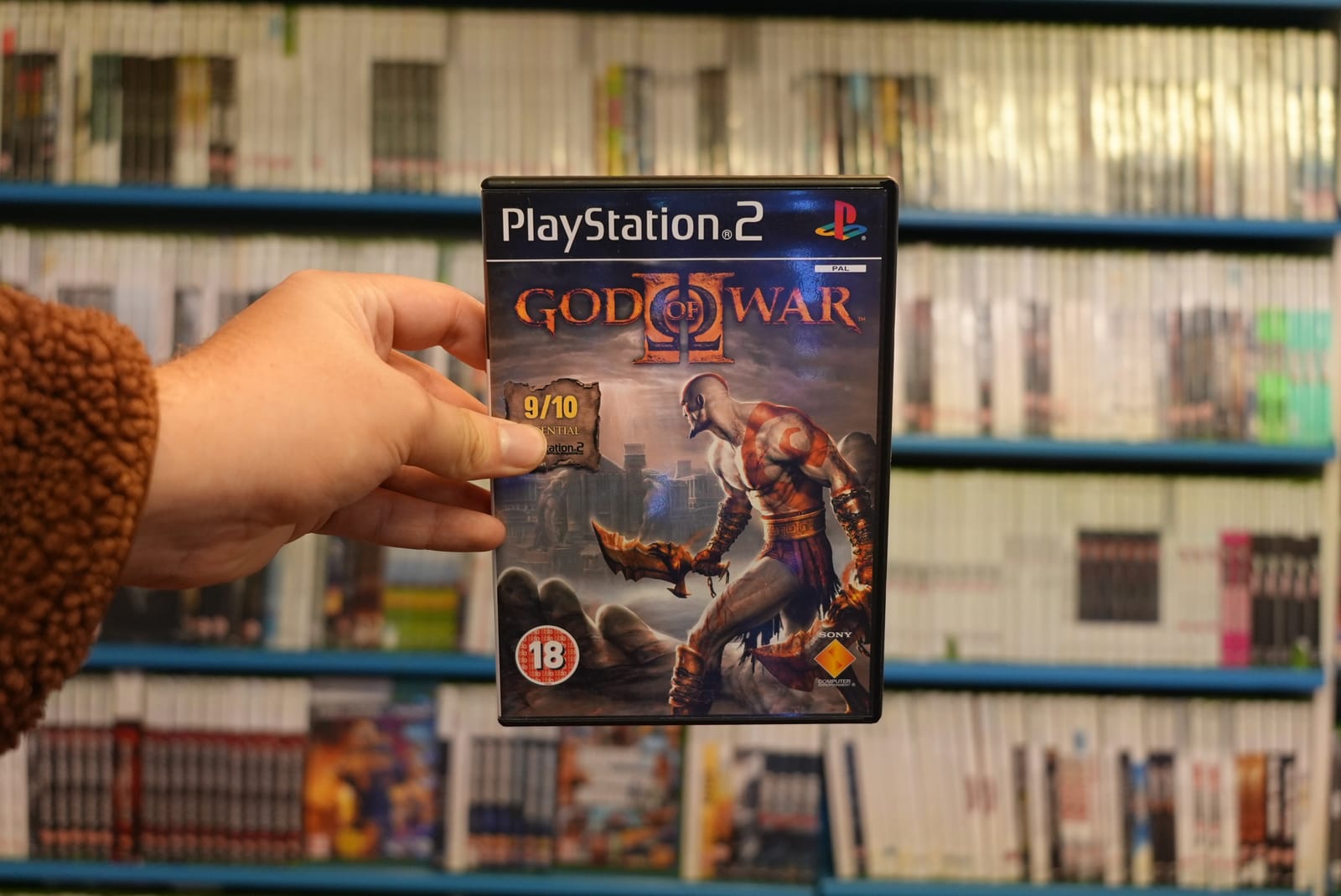Looking back to the year 2000 conjures up many memories. London’s Millenium Bridge wobbling into existence, Posh Spice losing out to Sophie Ellis-Bexter in the biggest chart rivalry since Blur vs Oasis, and the collective sigh of relief that Y2K didn’t bork absolutely everything.
The start of the new millennium also ushered in a new era of gaming. Timeless franchises such as Hitman and Deus Ex were born, Nintendo sold its 100 millionth Game Boy, Microsoft acquired Bungie, and Sony launched a little console called the PlayStation 2.
The advent of 2025 seems like a perfect time to look back and reflect on the impactful titles from a quarter of a century ago. Not to be selfish and too self-indulgent, I’ve reached out to various lovely people from across the games industry to join me on this stroll down memory lane.
Below is a collection of celebrations of games that weren’t all commercial or critical darlings, with heart-picks chosen by journalists, developers, podcasters and more, all coming together to paint a picture of the gaming landscape in the year 2000.
To you, dear reader, I hope you enjoy reminiscing along with us as we wish a very happy 25th birthday to the following titles.
Metal Gear Solid: Ghost Babel – Original Release Date: 27th April 2000
Celebrated by Simon Byron, Managing Director, Yogscast Games
These days, we’re used to carrying around versions of home console games in our pockets, but in 2000, an era chocked full of half-arsed, compromised conversions, it was a genuine exception.
Ghost Babel – a game which distilled the essence of the full-sized Metal Gear Solid PlayStation experience into a 2.3-inch screen – was just that: exceptional, featuring many of the characters, gameplay mechanics and set pieces we’d fallen in love with a couple of years earlier, but in a top-down perspective and in 56 colours.
I’d not played any of the MSX originals, so this was a revelation. Its release coincided with a rare Mediterranean holiday, and I could not stop playing it. It may, genuinely, have contributed to my divorce shortly after.
Cool Cool Toon – Original Release Date: 10th August 2000
Celebrated by Nick Thorpe, Features Editor, Retro Gamer Magazine
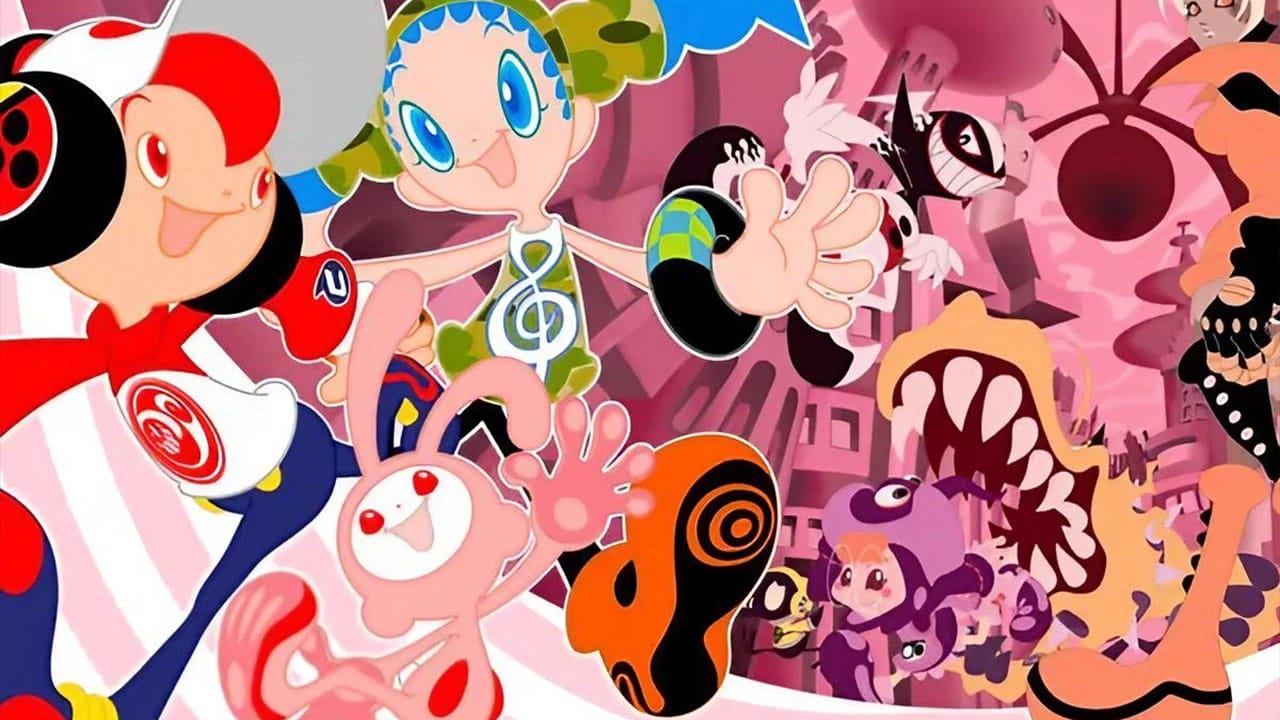
25 years ago, players expected beautiful pixel art and fighting games from SNK. Cool Cool Toon, a Dreamcast exclusive rhythm action game, completely played against those expectations.
Though the novel control scheme based around the analogue stick made it a distinctive game to play, it's the style that steals the show here – there are great tracks like Irony ~If there is Warmth~ to play to and everything takes place in a vibrant 3D cartoon world, bearing the distinctive visual style of illustrator Ippei Gyoubu. Originally released only in Japan, a fan patch finally brought the game into English in 2023.
Spyro: Year of the Dragon – Original Release Date: 10th October 2000
Celebrated by Rosie Caddick, Host, PlayStation Access
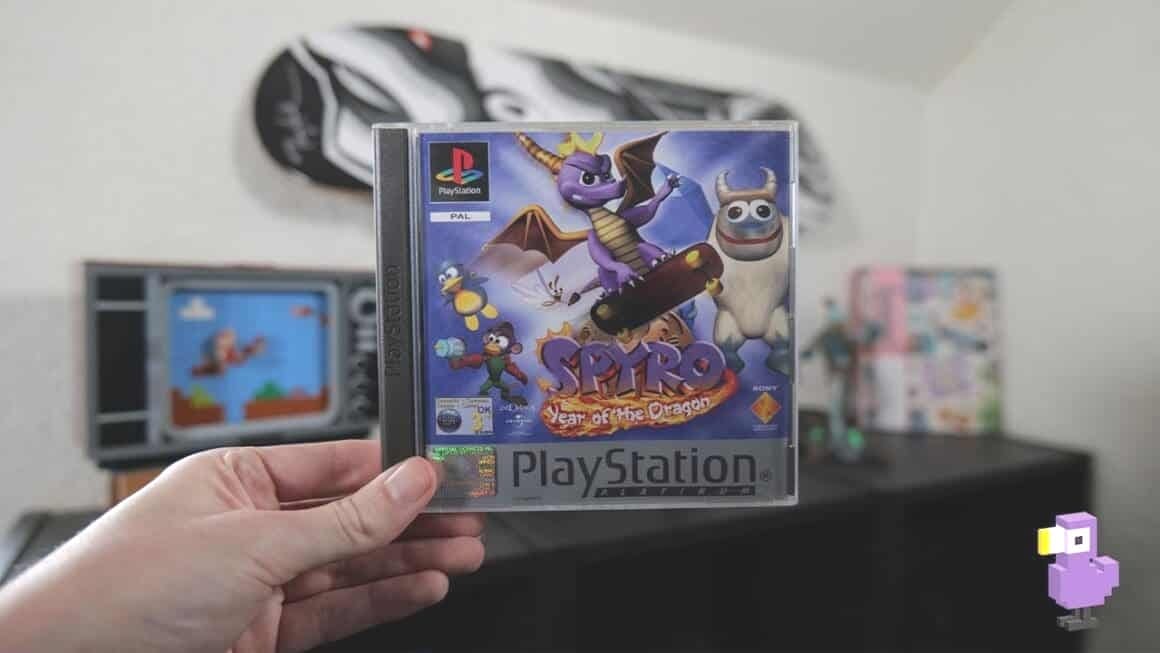
Spyro: Year of the Dragon is one of my most treasured games. Not because of all of the gems you collect, but because this is one of the games which taught me how to play video games!
And I also simply adore it! The colourful and varied visuals still blow me away, with each level and character feeling unique. It has one of my favourite soundtracks in gaming, composed by none other than Stewart Copland! The platforming and minigames are great fun (apart from boxing the yeti - that “dumb yeti” can keep Bartholomew’s ball!). You have levels where you could play as different characters, and they all had their own feel and abilities.
Agent 9 used to be my favourite, and Spyro was a joy to play as. I could charge around all of the level hub worlds for hours, and doing the gliding challenges always felt great when you nailed them!
Honestly, I could go on for ages about why I love this game. It will ALWAYS be one of my favourites. Happy 25th anniversary Spyro: Year of the Dragon!
TimeSplitters – Original Release Date: 24th November 2000 (PAL)
Celebrated by Daryl Baxter, Freelance Writer and Author
TimeSplitters was one of the first games that made me realise I was playing a next-generation game on my new PlayStation 2 console in 2001. Although others had GoldenEye, Perfect Dark and more in previous years, TimeSplitters stood out by playing its multiplayer mode at a full 60 frames per second.
Featuring incredible graphics and fun level design, it felt like everything had gone up a step for first person shooters on a console. Playing deathmatches in the restaurant map is a memory I still vividly remember, and I hope that we’ll someday see a remaster of the whole trilogy.
Pokémon Crystal – Original Release Date: 14th December 2000
Celebrated by Paige Harvey, Gaming Community Manager, Special Effect
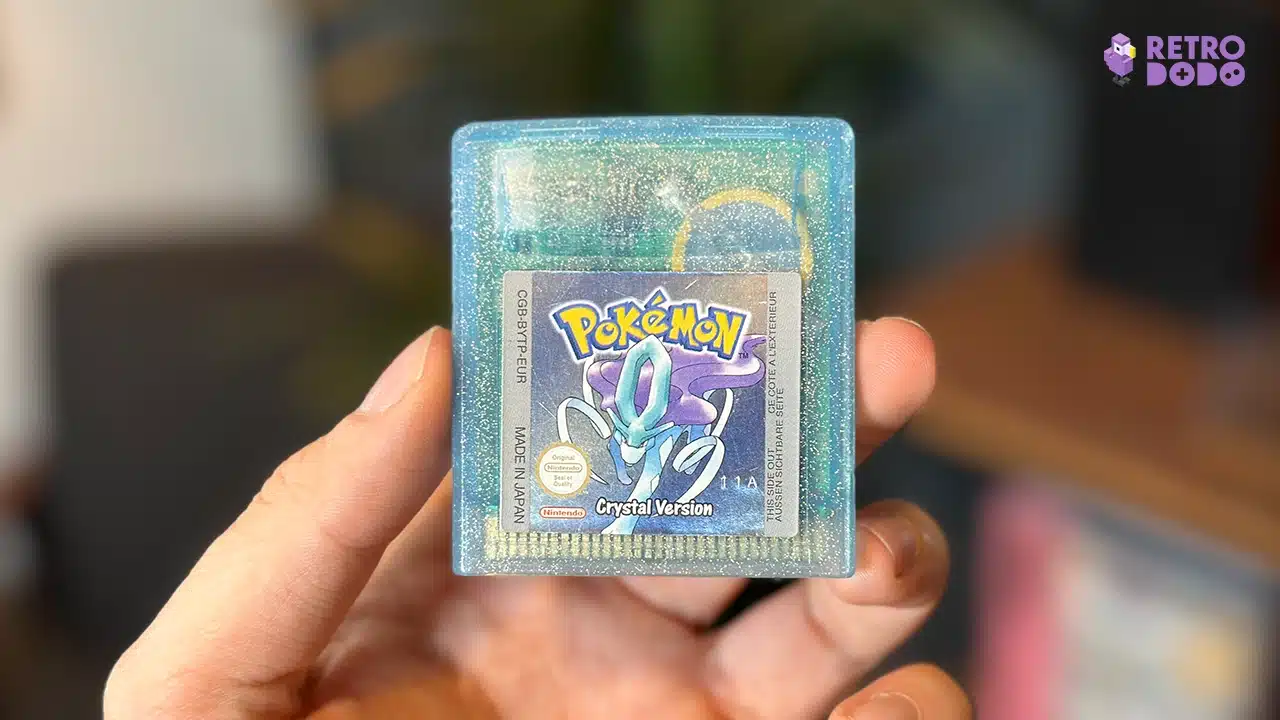
I first played Pokémon when I was four years old back in 1998, but no Pokémon game has captured my heart like Pokémon Crystal when it released in 2000/2001.
From the gorgeous, glossy, cartridge to the (in my opinion) top tier starters of Chikorita, Cyndaquil and Totodile, Pokémon Crystal lit a love of the series in me that has persisted til the current day. Conquering Team Rocket bases, catching your first Red Gyarados, figuring out the puzzles of the Ruins of Alph; Crystal had everything, and I love it to this day.
Vib Ribbon – Original Release Date: 30th August 2000 (PAL)
Celebrated by Mol, Host, EXP Required
A rhythm game originally designed as a car advertisement, Vib-Ribbon has you take control of a bunny like creature (Vibri) as she traverses a black and white 2D landscape. Obstacles appear in the form of loops, pits, and boxes - press one of four buttons (or a combination of two) to make Vibri traverse them correctly. Miss the mark too many times and she'll devolve twice before the level ends; correct timing sees her gain a crown and wings.
The soundtrack is short but sweet - to be expected from the visionary behind Parappa the Rapper and Um Jammer Lammy!, but the real charm comes in opening the disc drive and inserting a music CD. Depending on the tempo, custom levels can be challenging to downright hellish… all set to your own personal soundtrack.
SSX – Original Release Date: 26th October 2000
Celebrated by Josh Bailey, Writer & Narrative Designer
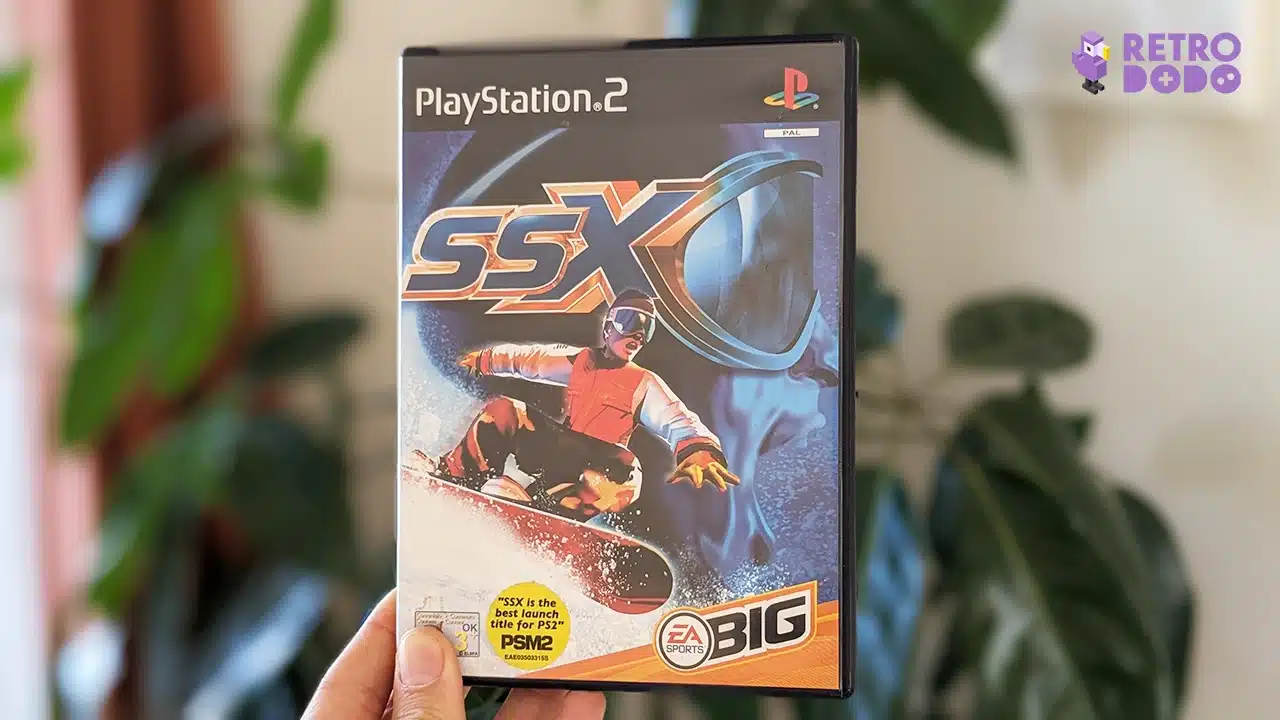
For all the deliciously tactile joy of carving smoothly through powdery snow or scraping perilously over icy planes, SSX truly soars when you’re airborne.
A fleeting weightlessness greets the apex of every gravity-defying jump as the pounding music fades and the camera tilts skyward. For a moment, it's just you, the horizon, the sound of rushing wind, and the moreish tick, tick, tick of the score counter climbing.
It’s an absolute joy—right up there with a Resident Evil 4 headshot or an OutRun 2 power slide as a timeless, endlessly repeatable slice of grade-A game design that never gets old.
Shenmue – Original Release Date: 1st December 2000 (PAL)
Celebrated by Mike Diver, Author and Editor
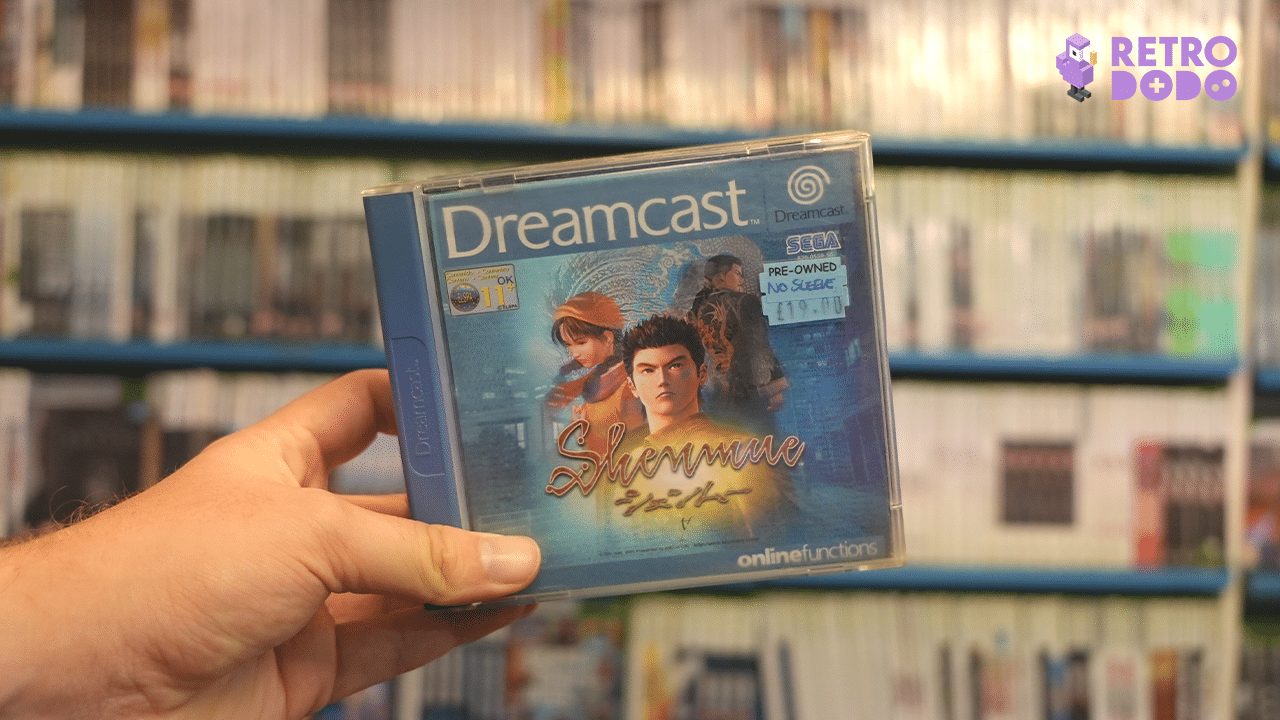
With university in full flow, I didn’t have time for video games in 2000. It wasn’t until I bought an Xbox 360 that my passion for games was reawakened, and I caught up with what I’d missed: the PlayStation 2, the GameCube, the Dreamcast. I’m a big Mega Drive fan so getting Sega’s swansong system was a must. And playing Shenmue on it transcended all expectations.
Special games do that – they exist out of time, beyond the specs of the hardware that first carried them. Being in that world – a stiff and sharp-edged version of small-town Japan, but full of heart and wholly enveloping of atmosphere – was spellbinding in a way that the then-new GTA IV couldn’t rival.
Its stakes were high but its pace unhurried, reminding us – reminding me, as a still-young adult trying to navigate daunting responsibilities – that sometimes it’s OK to slow down.
Jet Set Radio – Original Release Date: 29th June 2000
Celebrated by Charlotte Willis, PR Account Director, Diva Agency
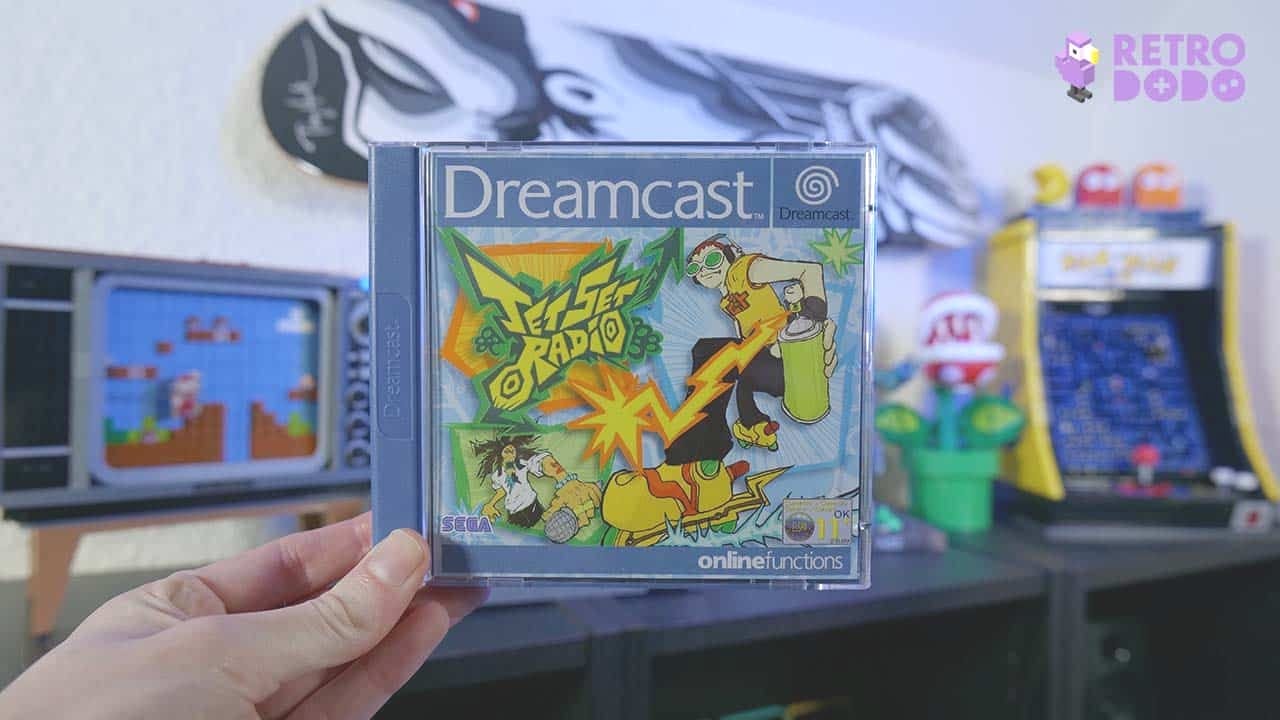
Jet Set Radio and its unmistakable vibes live rent-free in my head. The iconic cel-shading and graffiti-covered streets had me obsessed from the first screenshot. I finally played it on Dreamcast years later, just as I was diving into Japanese street fashion, spending hours browsing FRUiTS magazine scans online after school.
And it wasn’t just the aesthetic that scratched an itch in my brain. The soundtrack echoed the music that regularly played in my house—Beastie Boys, Prodigy, Public Enemy—while its slick skating reminded me of the Tony Hawk series. Most importantly, it introduced me to the musical (and Twitter) legend Hideki Naganuma. JET SET RADIOOOOO!.
The Sims – Original Release Date: 4th February 2000
Celebrated by Paul Weedon, Freelance Journalist
A formative game for so many reasons, one thing that remains forever etched in my memory about The Sims is its gorgeous, lilting jazz soundtrack. Working alongside pianist John R Burr and Doobie Brothers saxophonist Marc Russo, composer Jerry Martin concocted an inviting soundscape that burrowed its way into a generation’s collective subconscious.
Its mix of comforting, often melancholic piano pieces served as an effective accompaniment to hours spent reimagining your Sims’ suburban existence while they sat stalled in suspended animation. Despite looping away endlessly, those compositions never once became repetitive - a small wonder that remains nothing short of magic.
Banjo-Tooie – Original Release Date: 20th November 2000
Celebrated by Jess Thomas, PR Manager, Heaven Media
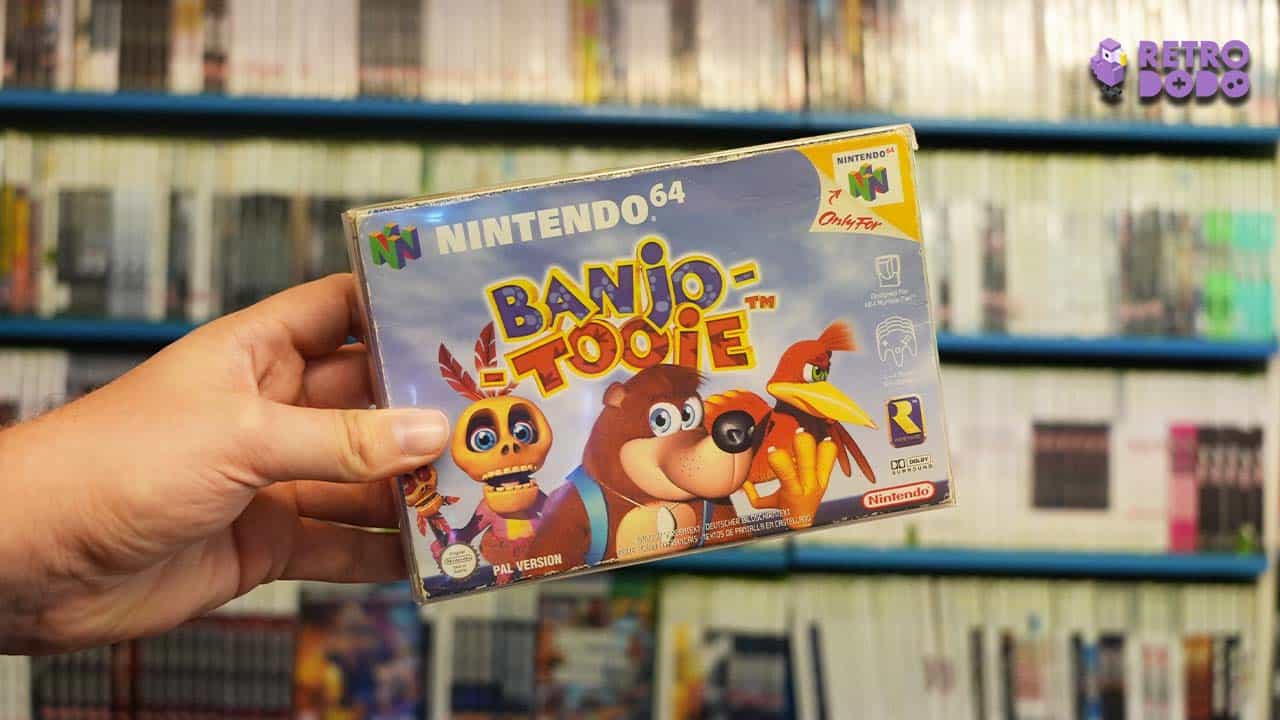
Picture the scene. It’s the year 2000, I’m 8 years old, I own the clear blue translucent N64, and Banjo-Tooie has been released. Just when I thought my love for the bear and bird duo couldn’t reach a greater height, little me had no idea what was about to transpire, and honestly what isn't there to love about Banjo-Tooie?!
It takes everything great about the original and turns up the dial 100%. From more colourful and intriguing world design, memorable characters, and boss fights that stand out from the crowd, it’s up there as one of my favourite games ever.
Disney’s 102 Dalmatians: Puppies to the Rescue – Original Release Date: 13th November 2000
Celebrated by Nathalie Galla, Community Manager, Godot Engine
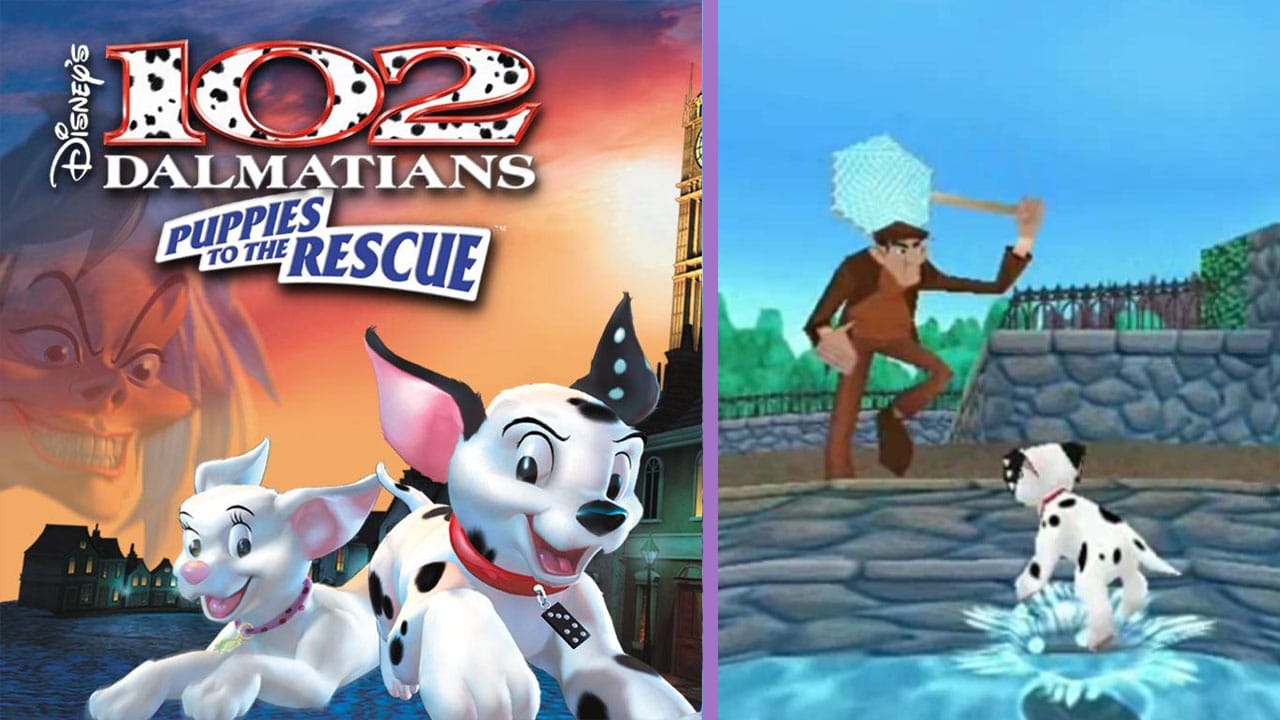
This 3D action-adventure game is barely younger than myself yet forms a core memory of mine. You take control of a dalmatian puppy to search and collect bones, fight evil toys with the power of your bark, and free your kidnapped siblings from the grasp of Cruella de Vil.
The game forced me to learn how to play games with keyboard and mouse for the first time, and I vividly remember begging my non-gamer mother to take over when things got too hard (or scary) for young me. We even adopted a real dalmatian as family pet later on.
Marvel vs Capcom 2 – Original Release Date: 23rd March 2000
Celebrated by Ashley Schofield, Freelance Journalist
Even twenty-five years out from its release, Marvel vs Capcom 2: New Age of Heroes is still heralded as one of the most important fighting games of all time. An eternity away from beloved characters being reduced to just ‘functions’, the absolutely gigantic roster of equally famous and obscure picks is MvC2’s greatest weapon - where else can you find Doctor Doom and Hayato on the same screen?
While not the most balanced game in the world, the sheer amount of love for both worlds that shines through in characters’ animations, attacks and voice acting is sublime. Not to mention, we wouldn’t have had the likes of Marvel vs Capcom 3 or Tatsunoko vs Capcom without it, and that’s not a world I want to live in.
Grandia II – Original Release Date: 3rd August 2000
Celebrated by Amy Mallet, Social Content & Community Manager at Future Games Show
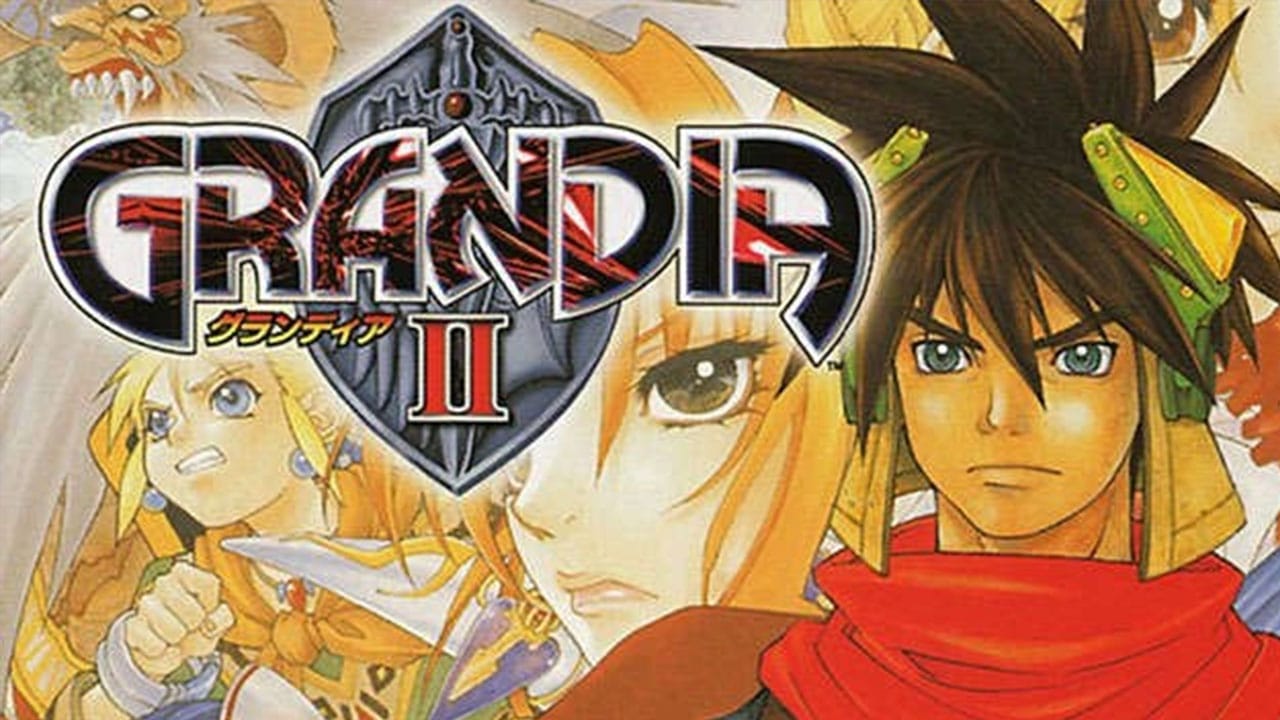
At the dawn of the 21st century, Squaresoft was dominating the RPG genre. In fact I'd be willing to bet my own nan that Final Fantasy IX will be nestled somewhere on this list. So, to that end, dear reader, I'd like you to consider one of the overlooked outliers of Square's late '90s to early '00s reign; Grandia II.
Developed by Game Arts for the Dreamcast, this game has the beloved hallmarks of an iconic, Eastern role-playing adventure; an innovative battle system, a lovable party of mismatched heroes, a scandalous love triangle, an ancient, malevolent god scattered into pieces across the land, a quick-witted talking bird… I could go on.
If like me, you’ve gobbled up all the old school Final Fantasy games you can eat and are longing to rekindle that childhood nostalgia, lose yourself in fantastic character writing, and sink into a 25-30 hour story that will leave a lasting impression, pick it up on a modern day console - the HD collection brought it to the PlayStation and Microsoft stores last year. Do not sleep on Grandia II, even though it’s 25 years young.
The Legend of Zelda: Majora’s Mask – Original Release Date: 27th April 2000
Celebrated by Sara Veal, Chair, GamesAid
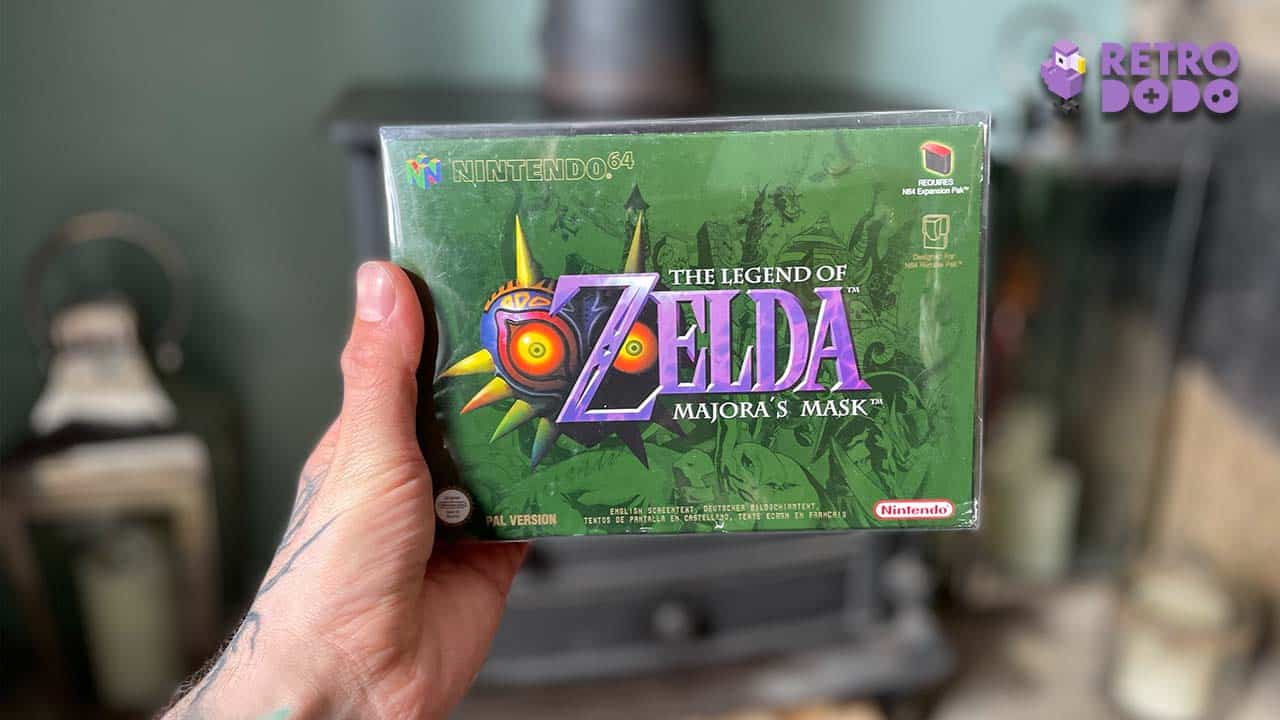
I refused to play Majora's Mask when it came out. Ocarina of Time remains my all-time favourite game. Anything less than a direct continuation felt insulting. My frosty aversion has thawed as I've delved into other adventures with Link, however.
For this retrospective, I decided to finally step back in time and explore Termina, a darker parallel to Hyrule. The claustrophobic pressure to save the world in 3 days resonates with the spikier realities of life since that endless summer where I saved Zelda for the first time. While I may have enjoyed it then, I deeply appreciate playing it now.
Tony Hawk’s Pro Skater 2 – Original Release Date: 19th September 2000
Celebrated by Alex Lotz, Producer, Ziggurat Interactive
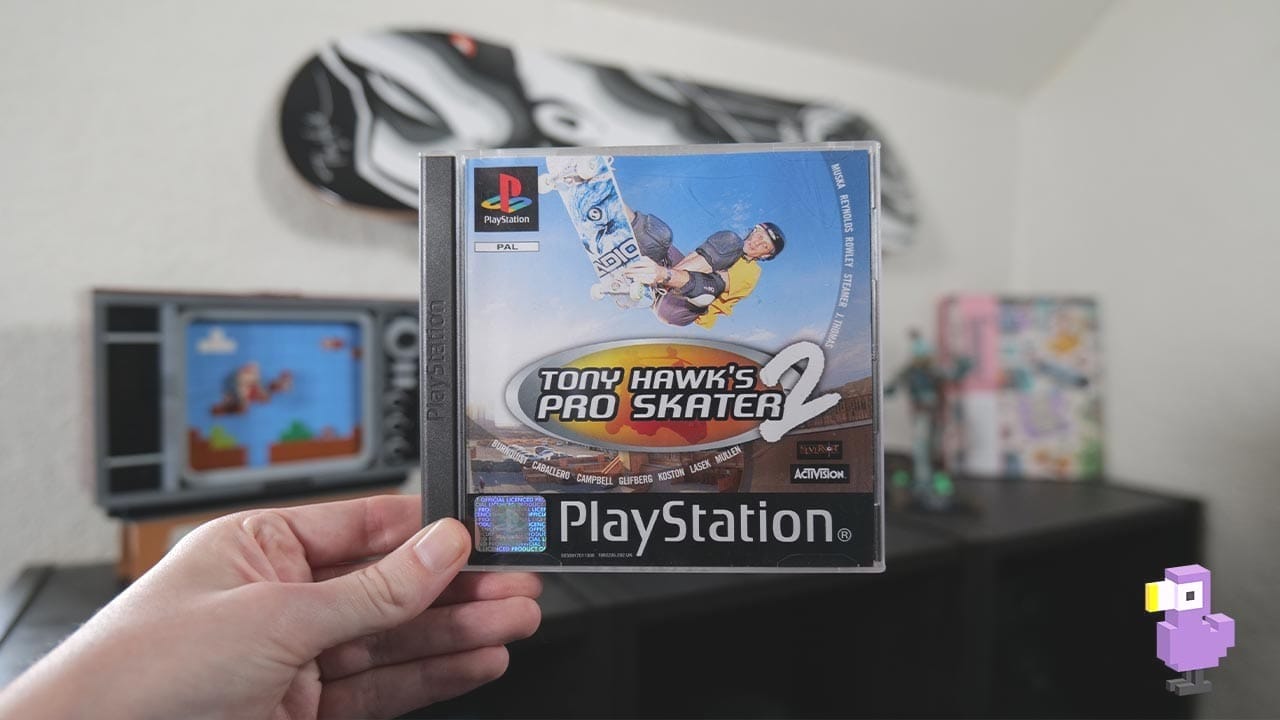
While the game’s stratospheric jumps, physics-defying grinds, and cosmic “Skate Heaven” stage carry flavors of Midway arcade sports games, it’s easy to assert Tony Hawk’s Pro Skater 2 did more for skateboarding – both its mainstream presence and growth as a subculture – than NFL Blitz or NBA Jam did for the sports that inspired them.
The game’s playfully subversive aesthetic, introduction of manuals as a mechanic, incomparably tight and fluid controls, well-curated soundtrack, and route-dense level design combine to create contagious fun and astounding replayability. All this inspired many to follow the command given in the end credits: “GO SKATE!”
American McGee’s Alice – Original Release Date: 5th December 2000
Celebrated by Anni Valkama, Brand Manager, Playtonic
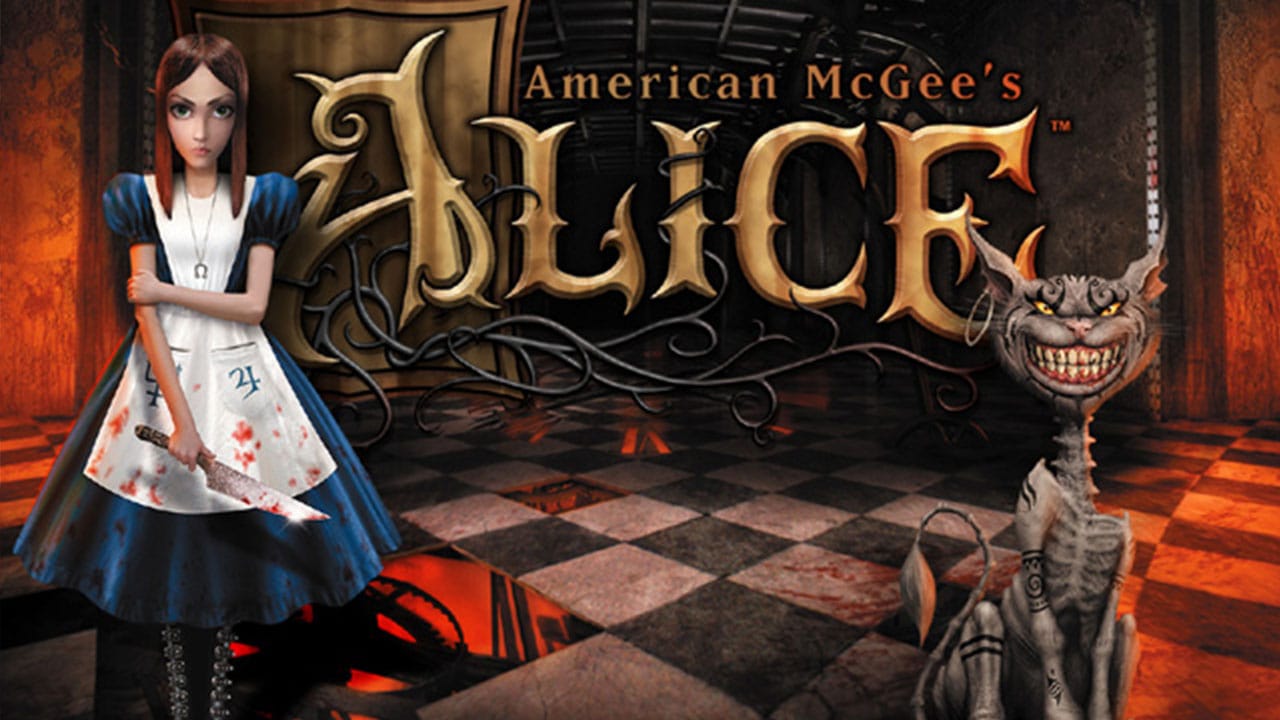
Whilst holding somewhat of a cult classic status now, American McGee's Alice launched at a time when PC gaming was not the norm. I do not quite remember how our family ended up getting a hold of a copy of this dark depiction of Lewis Carroll's classic, but it captivated me at an age that I probably should not have been playing anything with knives, blood, mental asylums, and a Cheshire Cat who's nothing but flesh and bones.
While the game never really shone with its janky and tanky, Tomb Raider-like controls, where McGee made an everlasting impact on young me was through the world and character building, something that he carried over to Alice: Madness Returns 11 years later.
Final Fantasy IX – Original Release Date: 7th July 2000
Celebrated by Jack Mullen, Host, EXP Required
Final Fantasy IX is an amalgamation of both the 8 Bit and 16 Bit era of JPRG’s, and a technical consolidation of everything the PS1 era had to offer, balancing nostalgia with an insistence on moving the genre forward.
The game’s themes of loss, war and (personal) identity are married perfectly to the otherwise cozy and quirky design, and bolstered by a traditional combat system wherein you must teach the diverse party their job specific abilities.
The game shines most brightly through its characters, with their individual stories feeding into the prevailing message of choosing your own path regardless of what the world forces upon you.
Counter-Strike – Original Release Date: 9th November 2000
Celebrated by Brandon Saltalamacchia, Founder, Retro Dodo
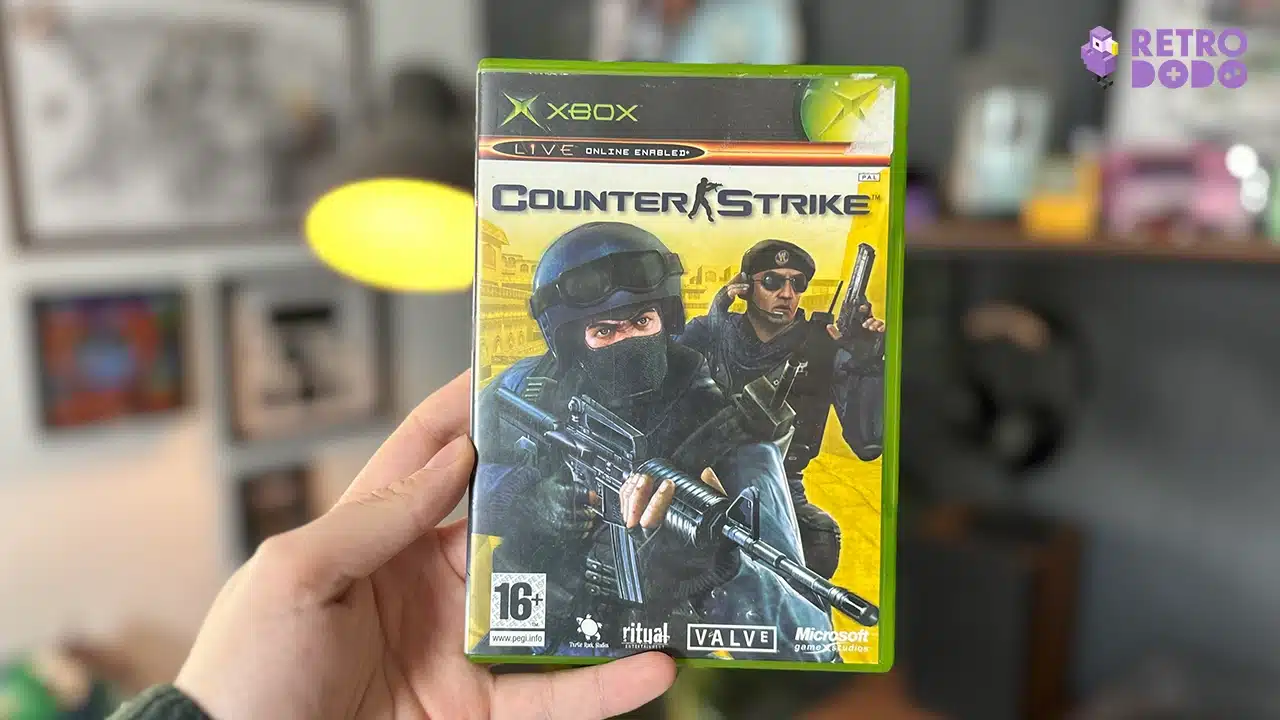
Counter-Strike releasing 25 years ago makes me feel incredibly nostalgic, a feeling that provides vivid memories of creating my first LAN-party using my families incredibly old, loud and heavy PC that I had to lug to my friend Hugh’s house with my father’s help. I was introduced to it thanks to my dad who would play Counter-Strike in the evenings with his friends, eventually putting together a clan of old fogies called [NaKs], translated to natural born killers. There was nothing natural about them, and none of them were any good at the game, but I could hear and witness the sheer joy of my father playing this game with his friends and organising clan battles to beat the other oldies.
It was a game that brought together gamers from a wide range of ages; teenagers, fathers, and grandparents who wanted to experience PC gaming at its finest. I invited my friends to download it and play with me just like my father did, and eventually it made its way around my secondary school with friends and other children organising clan members to partner with in order to play together when they got home. It ignited team work, communication, and reaction skills that I still use now, and more importantly, it helped create some incredible relationships with friends who I still see to this day.
Although some may say that Counter-Strike was not the ideal game for a 12-year-old to play, it actually helped me feel inclusive at school. I was good at the game, I helped other students, I got competitive, I learned how to communicate strategically, and one of my fondest moments was when my father asked me to join [NaKs] one evening to assist in a competitive clan battle as one of their players couldn’t make it.
There I was, training for all these years to finally fight side by side with my father against a bunch of old dogs half-way across the world at 11pm at night. We won that clan battle and my father thanked me for my help, though he still insisted that even though I had a better K/D ratio than him, he was still better than me.
We both knew he was wrong, but it was a great moment for me as a young kid, and one could say it ignited my love for competitive gamin which I still dabble into this day, even though [NaKs] have long-since disbanded.
Pokémon Stadium – Original Release Date: 7th April 2000 (PAL)
Celebrated by Seb Santabarbara, Editor in Chief, Retro Dodo
Pokémon Stadium has a special place in my heart for so many reasons. I spent countless hours playing Pokémon Red on the Game Boy and wishing the Pokémon battles looked as epic as they did in the Anime series (and inside my head). Seeing the characters I collected on my Pokémon Cards and in my Pokédex up on a big screen like I was a bona fide trainer gave 10-year-old me the experience I craved, especially when using the critters I had raised on my Game Boy game in glorious battles using the transfer pack.
Oddly, it's the mini-games, the feature that Nintendo probably added as a little bit of light relief, that I think of the most fondly. My mum and I would spend hours playing 'Ekans Hoop Hurl' and Sandslash's 'Dig! Dig! Dig!', so much so that I immediately think about us both frantically mashing the L & R buttons whenever I see an N64 controller. We’re both older now, but she's still tough competition on Run Rattata Run or Sushi-Go-Run!
The box art, the transfer pak, the game music – everything about Pokémon Stadium provided the ultimate Poké-fans dream. Like seeing Lord of the Rings for the first time or that first play of Ocarina of Time, the day I saw Blastoise, Venusaur, Charizard, and Mewtwo pulling off their signature moves in all their 64-bit glory is something that I'll never forget. If they ever remake this game, I'll be the first in the queue to buy it!

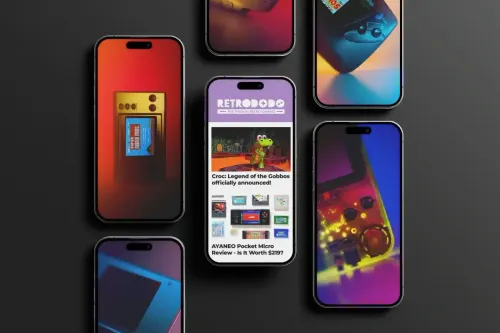
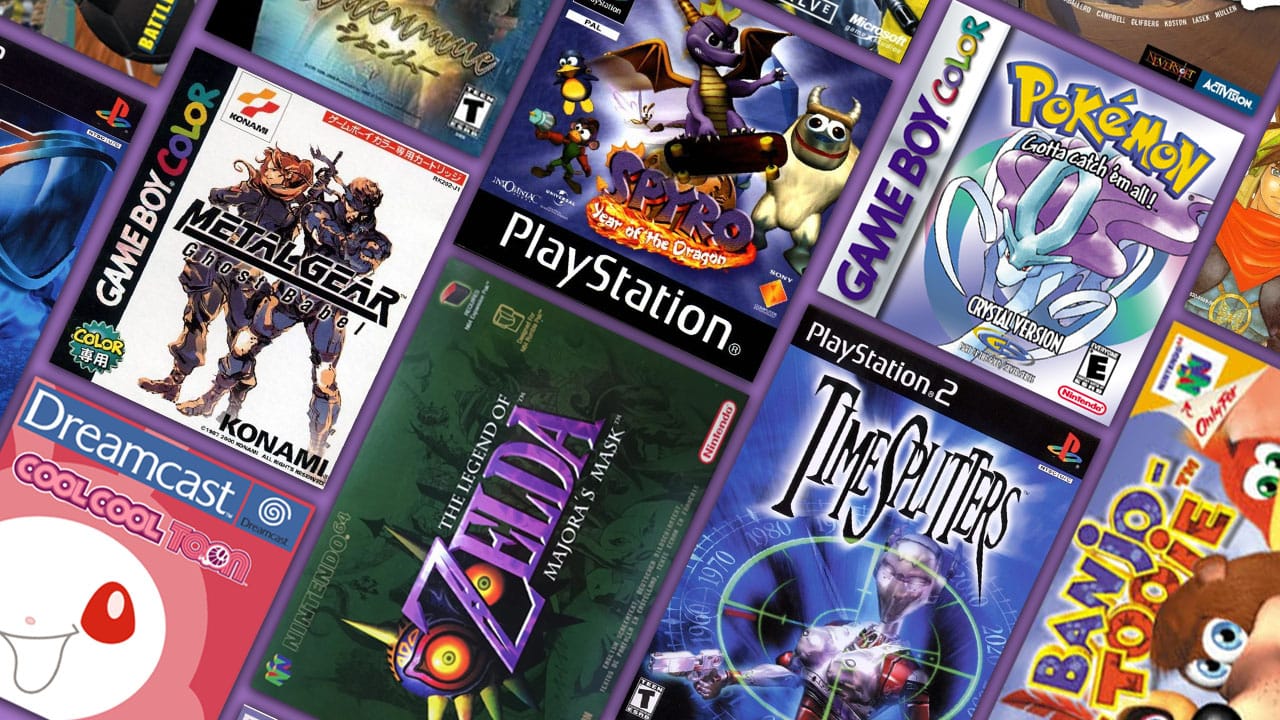
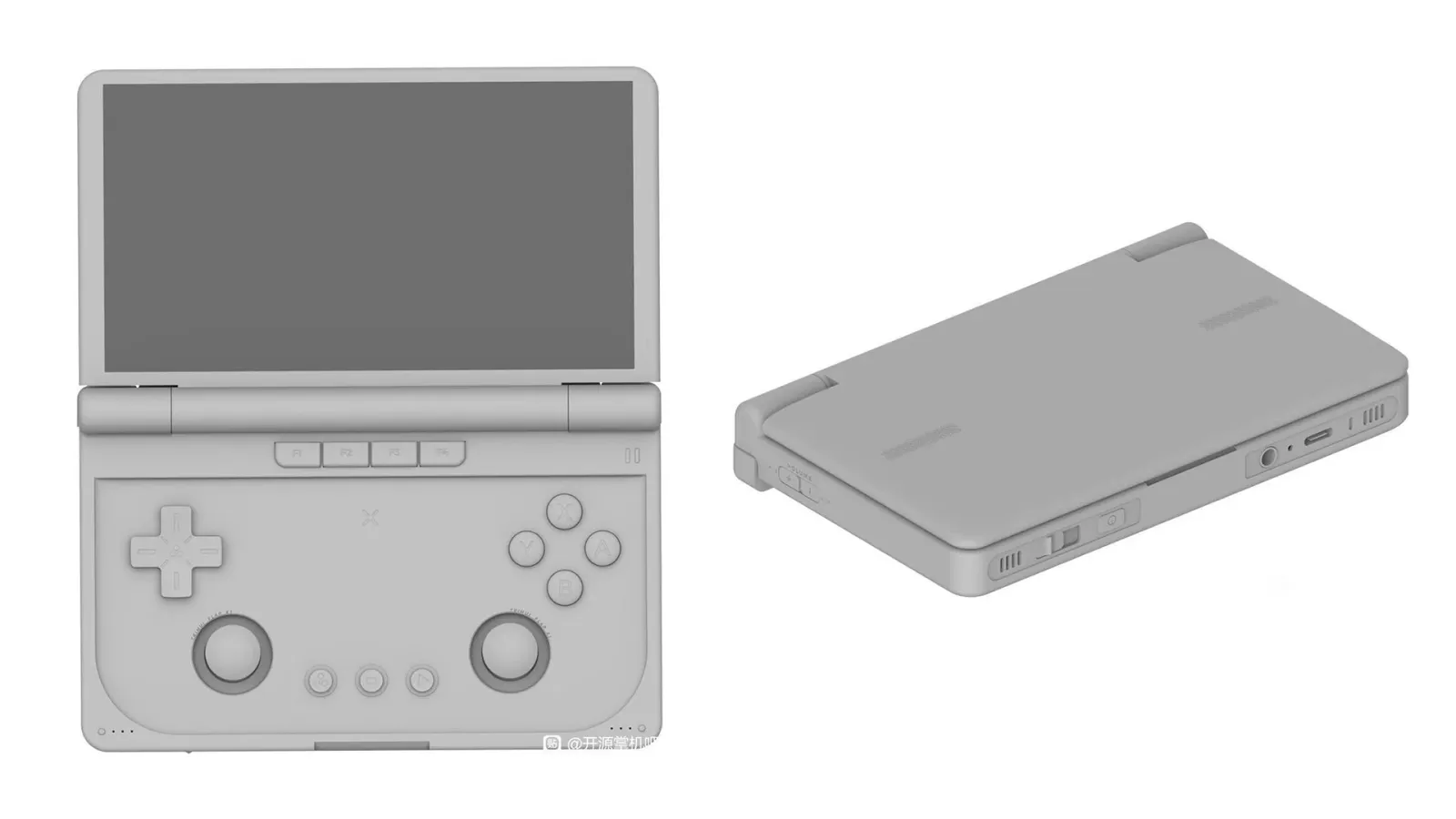
![Pokemon Emerald Seaglass Cheats [Full List] post image](/content/images/size/w1600/2026/02/SEAGLASS-CHEAT-CODES.jpg)
